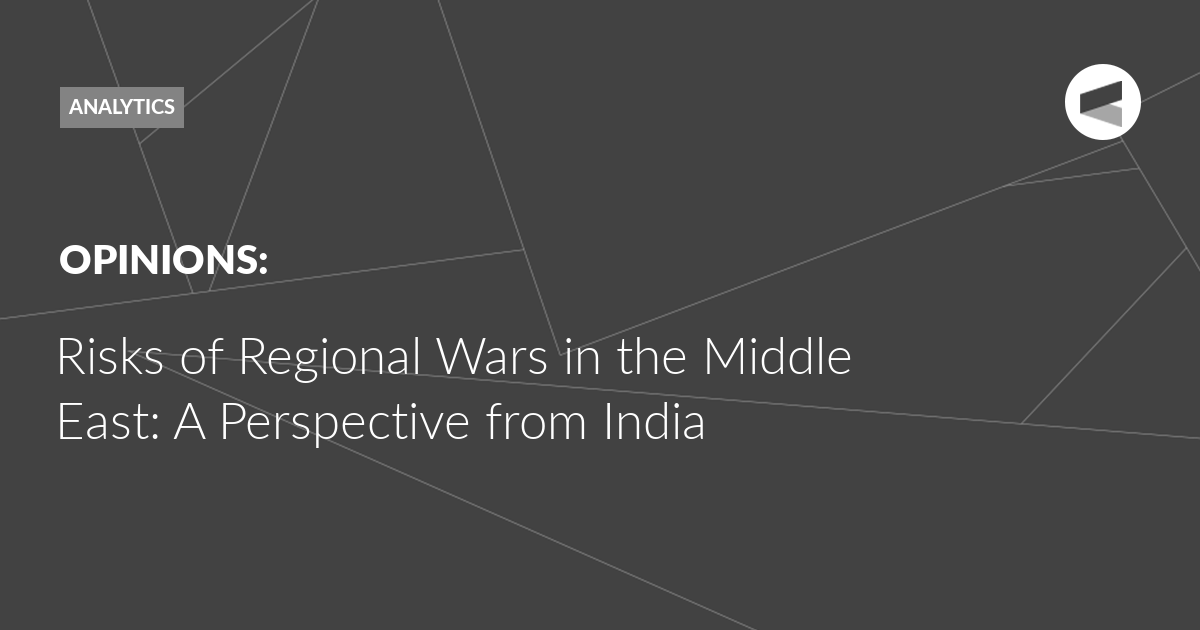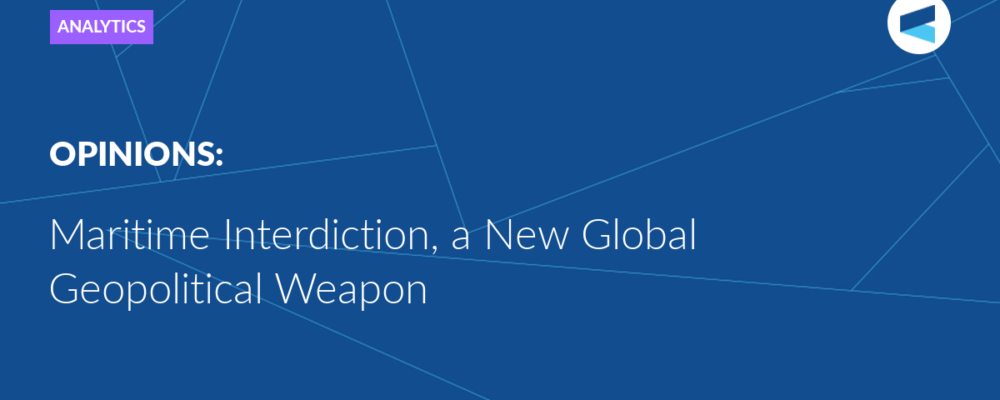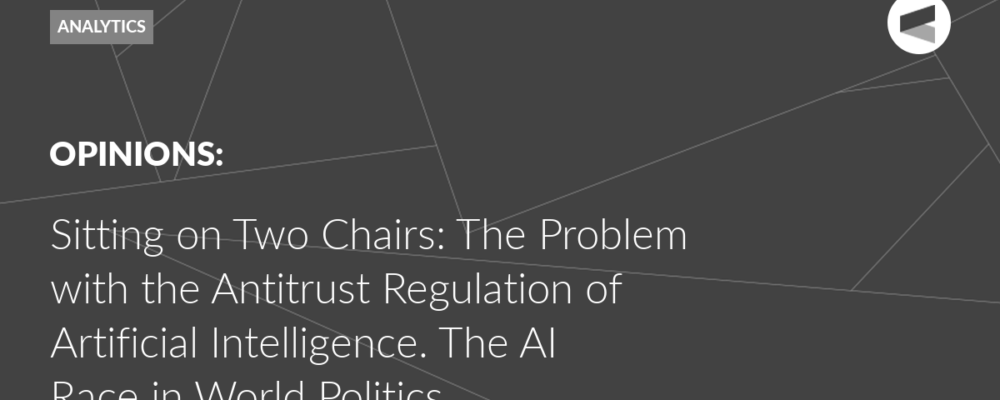As tensions in the Middle East continue to escalate, India has found itself navigating a complex web of economic, strategic, and security concerns. What began as conflict between Israel and Hamas now risks expanding into a broader regional conflagration involving Iran and its network of allies. India’s significant ties with key Middle Eastern countries mean that the stakes are high for New Delhi. In order to safeguard its interests, India must balance immediate challenges with strategic concerns, focusing on both short-term stability and a resilient long-term approach, writes Rupal Mishra, a participant in the Valdai – New Generation project.
Immediate Challenges
The most immediate and significant impact of the ongoing conflicts in the Middle East for India is in the oil sector, as the region provides nearly 80% of India’s oil supplies, with Qatar alone contributing more than half of its LNG imports. Prolonged instability poses a significant risk of worsening India’s fiscal and current account deficits, triggering inflation, increased government subsidies, increased input costs for industries, and a surge in fertiliser prices that may burden the agricultural sector. Moreover, investment strategies from various Arab nations in the Indian economy could encounter significant challenges should the conflict intensify.
Shipping and trade have also been significantly impacted. The attacks launched by Houthi rebels in the Red Sea have resulted in disruptions to shipping lanes, compelling vessels to navigate around the Horn of Africa. The extended route has added approximately 4,575 nautical miles and 12-14 extra days to the journey. This has resulted in a doubling of global shipping rates and an increase in insurance premiums from 0.5% to 2% of the total shipping cost. These challenges have impacted India’s low-margin exports, such as textiles and engineering goods, threatening their profitability. Indian exporters have also reported an increasing reluctance among international shipping lines to provide cargo slots, which has been attributed to the rising freight costs.
The safety of nearly 9 million Indian nationals residing in the Gulf is another pressing concern, given that these expatriates are instrumental in enhancing India’s economy via remittances. Escalating the conflict could pose severe risks to their security and potentially reduce remittance flows, a key source of foreign exchange. Additionally, around 900 Indian peacekeepers stationed in Lebanon under the UNIFIL mission face mounting dangers as the conflict intensifies. The ongoing Israeli ground offensive compounds these risks, increasing the uncertainty surrounding the safety of both Indian workers and peacekeepers.
Strategic Concerns
India’s strategic landscape in the Middle East, carefully built over the past decade, faces significant challenges as the ongoing crisis undermines long-term objectives. The diplomatic and economic initiatives which have bolstered India’s regional influence now confront serious obstacles as regional dynamics shift and the potential for further conflict escalates.
Among these initiatives are key partnerships such as I2U2 (India, Israel, the UAE, and the US) and the India-Middle East-Europe Economic Corridor (IMEC). I2U2 was established to deepen technological collaboration and encourage private sector investment, leveraging UAE financial capital, Israeli and American technology, and strategic support from Washington. IMEC, on the other hand, was envisioned as a faster alternative to the Suez Canal, providing a route that could cut transit time by 40% and serve as a strategic counterbalance to China’s Belt and Road Initiative. These initiatives aimed to strengthen India’s position and expand its reach in the region. However, the rising tensions between Israel and Iran now threaten to derail these plans.
India’s strategic relationship with Iran, exemplified by projects like the International North-South Transport Corridor (INSTC) and Chabahar Port, is another area of concern. These projects are central to India’s aspirations for deeper connectivity with Central Asia and reduced dependency on Pakistan for trade routes. With Iran already facing stringent international sanctions, progress on these initiatives has been sluggish. The intensification of hostilities involving Iran threatens to delay these projects even further, hindering India’s vision for enhanced regional connectivity and economic integration.
The Valdai Discussion Club was established in 2004. It is named after Lake Valdai, which is located close to Veliky Novgorod, where the Club’s first meeting took place.
Please visit the firm link to site






